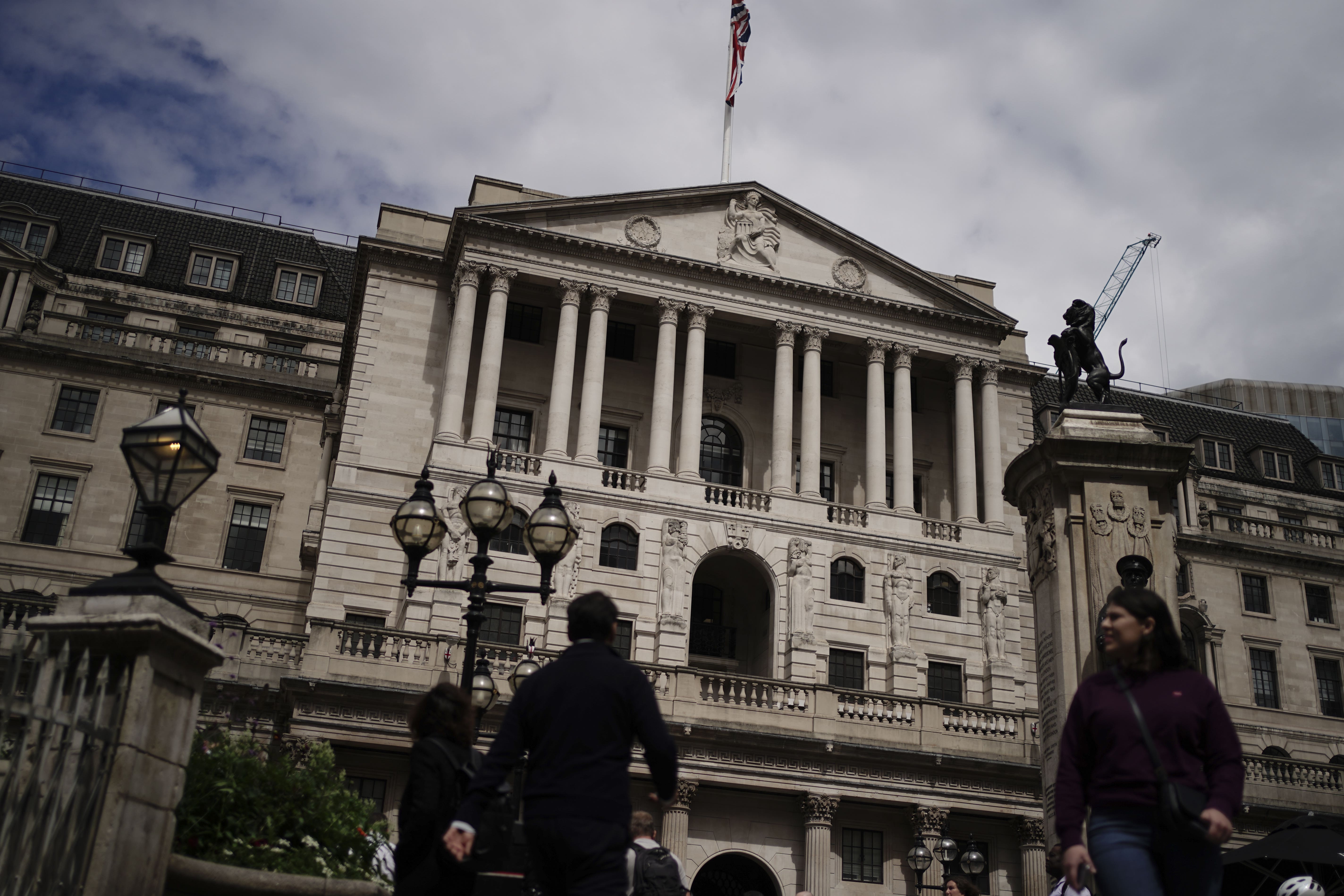Inflation down, Tory hopes up – but still no ‘feel-good factor’ for Rishi
The figures are a big step forward to the PM’s target of halving inflation, but with voters still not feeling better off they will not give him the political bump he’s hoping for, writes Andrew Grice


Today’s sharp fall in inflation, from 7.9 per cent last month to 6.8 per cent, delivers the turning point ministers and Conservative backbenchers have long craved: wages are now rising by more than prices – for the first time in almost two years.
Rishi Sunak, who can claim there is “light at the end of the tunnel,” desperately needed some good news. But he cannot celebrate yet. His chosen soundbite on his return from his California holiday is that “the plan is working” and the government must “stick” to it.
We are going to hear that an awful lot. Cemented in Tory memory banks is that David Cameron and George Osborne won the economic argument at the 2015 election by repeating a million times that they had “a long-term economic plan”.
It’s harder for Sunak to benefit from this card. Cameron and Osborne could argue their plan was needed to clear up the mess Labour had created, while Sunak is cleaning up after his own party. From 2010, the Tories controlled the means to tackle the main problem – the deficit in the public finances. Today the number one priority is inflation, but Sunak does not hold the main levers and must rely on the Bank of England.
This makes it harder for the government to claim the credit when things go well – as John Glen, the chief Treasury secretary, discovered on the morning media round today. Three-quarters of the fall in inflation was due to lower global energy prices – nothing to do with the government. Glen was reduced to arguing that ministers were not doing things that would have made inflation even higher, hailing their “active choice” to keep spending under control.
The inflation figures are not as shiny as they looked at first glance. Food prices are still rising at 14.9 per cent. Core inflation (which strips out items such as food and energy) remains at a worrying 6.9 per cent. The UK still has the highest inflation of any G7 country.
It is expected to rise again next month. Although that might be a blip, an increase would dim the light in Sunak’s tunnel.
The record increase in earnings, up 7.8 per cent, will put pressure on the Bank of England to raise interest rates further next month and will likely keep rates higher for longer. That will mean more pain for mortgage holders and the risk of a recession and higher unemployment (already rising) in a general election year.
The rise in wages creates another headache for Sunak. It will likely trigger an 8.2 per cent rise in the state pension next April under the triple lock, which ensures pensions increase by 2.5 per cent or in line with inflation or wages – whichever of the three is higher. The Tories should unpick this unjustifiable and unsustainable lock, but they won’t as it would alienate too many of their natural supporters. A bigger than expected pensions bill could leave about £2bn less for the tax cuts seen as critical to the Tories’ election prospects.
Sunak will have a tricky dilemma over whether to squeeze other benefits. The Treasury has asked Mel Stride, the work and pensions secretary, to work up savings of up to £4bn to prevent his budget busting the cap on welfare spending introduced by Osborne. But it would be a bad look to restrict benefits for people less likely to vote Tory while protecting a bumper rise in the state pension for the party’s biggest bloc of voters.
Today’s figures put Sunak on track to meet his pledge to halve inflation to 5.3 per cent by the end of this year. But he will still be way off track on two other targets that matter to voters – cutting NHS waiting lists and stopping the small boats.
The UK economy is still a sickly patient. Growth, at 0.1 per cent in the second quarter of this year, remains feeble. Although it could in theory be boosted by higher wages, higher interest and mortgage rates will put the brakes on. The post-Brexit trade deficit – a figure which once commanded big headlines – was £19bn in the second quarter, including a £51.3bn deficit on goods.
The really bad news for Sunak is even as wages rise, most voters won’t feel better off. Average regular pay is a tiny £1 a week higher than in 2007, according to the Resolution Foundation think tank. People will still feel the pain of 15 years of wage stagnation; if pay had risen at the same rate as before the 2008 financial crisis, workers would now be earning £11,000 a year more.
Crucially, whatever the inflation and wage figures show, there will not be a “feel-good factor” whenever Sunak calls the election. When Labour asks people (as it will) whether they feel better off since the 2019 election or when the Tories came to power, there will only be one answer: a very loud “No”.






Join our commenting forum
Join thought-provoking conversations, follow other Independent readers and see their replies
Comments